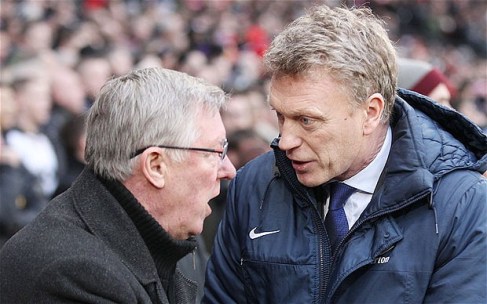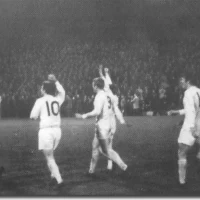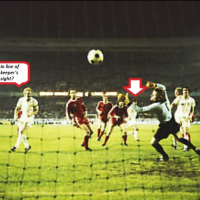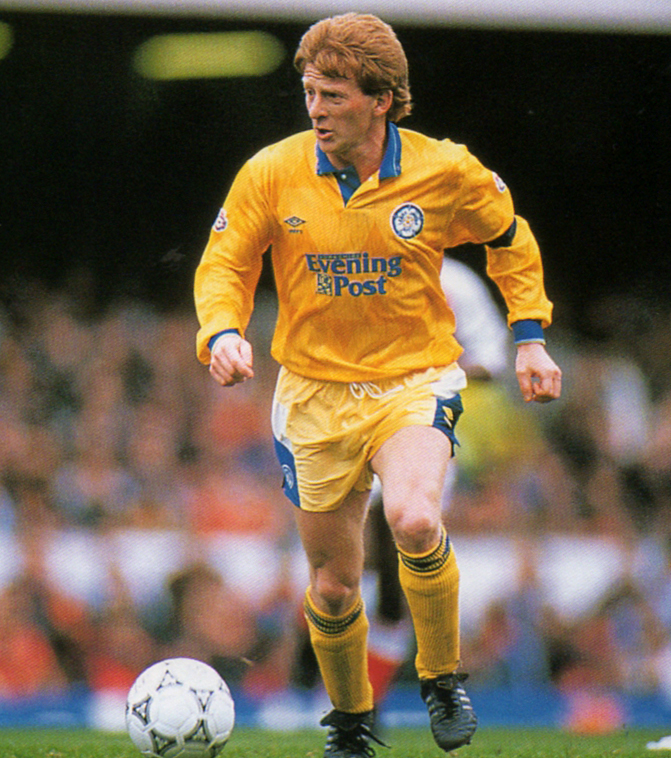
If Arsenal turn their backs on Arsène – should Leeds pounce?
Let me say straight away that I hold Arsenal in the very highest esteem; after my beloved Whites, this is the club whose results I look for first. And, before I go on to extol the virtues of a Leeds United move to employ Arsène Wenger if his relationship with the Gunners does break down irretrievably, let me confirm that I feel we already have the right man for the job of United manager. Garry Monk is the man, he’s the right age, the right type, he’s proved his worth, and his position at Elland Road should be unassailable.
But still, Arsène Wenger would be a magnificent capture for Leeds. It would be, in transatlantic parlance, a no-brainer. If The Professor became available, he’d be just the man for a club like Leeds. And Wenger, at this stage of the game, might find that a project such as Leeds United would the very thing to bring down the curtain upon a glittering career. Because the role I see for Wenger at Leeds would be one that taps into his immense knowledge of the global game and of uncut diamonds in youth teams everywhere. It would be to work as a resource for a young manager developing in Wenger’s own image, a man who wants to play football the right way, someone that the old master Arsène could help develop into a world class coach and man manager.
I would consider that, after Arsenal, Wenger might be looking for something other than a front-line position as he seeks to remain involved in football. He’s been in North London, shaping and developing the capital’s premier football club, for two decades, encompassing some glorious success and producing football at times of breathtaking beauty. The challenge at Leeds would, initially at least, be different – and yet the aims would be comparable. It would be an ideal project for Wenger, something whereby he could wield his influence over the whole culture of a football club, without having to be involved in the nitty-gritty of day to day first team matters. Sure, he might expect to have an input, and Garry Monk is far too wise a man not to avail himself of such knowledge and experience. But there can be only one boss, and Monk is the right man for a long time to come. Still, some of the best of managers have benefited from that elder statesman, that éminence grise behind the scenes. Malcolm Allison had his Joe Mercer, Brian Clough his Peter Taylor. Neither of those two legends were quite so effective as a solo act, both needed that wise presence behind them to find true success. After Arsenal, that kind of role would be a respectable and dignified option for Arsène at Elland Road – and he could just be the difference for Garry Monk between being a very good manager – and a great one.
And what, we have to ask ourselves, of Arsenal FC? Do they ideally want to keep Wenger, or are they considering a further year’s contract for their greatest ever boss merely as an obvious stop-gap until the real target becomes available? The truth is that the relationship between Wenger and many of the Arsenal fans is verging on the toxic. It’s a distressing situation for a great football man who genuinely loves his club; it’s a shoddy way to be winding down a stellar career. So, perhaps, for the sake of all concerned, a clean break between Arsenal and Arsène would be for the best. And, in that case – though I doubt it would actually happen – an opportunistic Leeds United should pounce. They should do whatever it takes to import the wisdom and status of one of the world’s foremost football people, someone who would have the class to respect boundaries and exercise his influence from a more detached position.
Leeds United’s gain would most definitely be Arsenal’s loss – but perhaps the situation for Wenger at the Emirates, with the Spurs-loving media pack slavering for blood, is already beyond recall. So Arsenal might appear ungrateful in dispensing with Arsène, if that’s what ends up happening – but it may just be their best option, even if results and performances were to dip in the short term.
But that’s not Leeds United’s concern – they, for their part, should be looking at what Wenger could bring to the Elland Road table, without unduly rocking the boat, if I might be permitted a mix of metaphors. The answer to that question is: plenty. Wenger has presided over a revolution at Arsenal, and in the wider English game as a whole. His ideas about diet, nutrition, the maintenance of the human machine, were revolutionary but demonstrably sound. He’s the kind of influence any forward-thinking club could do with, quietly influencing the whole setup with improvement and the maximisation of potential in mind. As somebody to stand behind Garry Monk, outside of the immediate first-team picture but always available as a consultant, his value to a club on the way up, a true giant of the game like Leeds, looking to re-establish itself as a major force, could be immeasurable.
So when I say “Wenger for Leeds”, I’m not joking, I’m deadly serious. As ever, I’d be interested in the views of others – but don’t be too quick, please, to leap into a dismissive posture. Consider. The question is – if a man like Wenger were to appear on the market and prepared to accept a different role – could we really afford to overlook him?


























